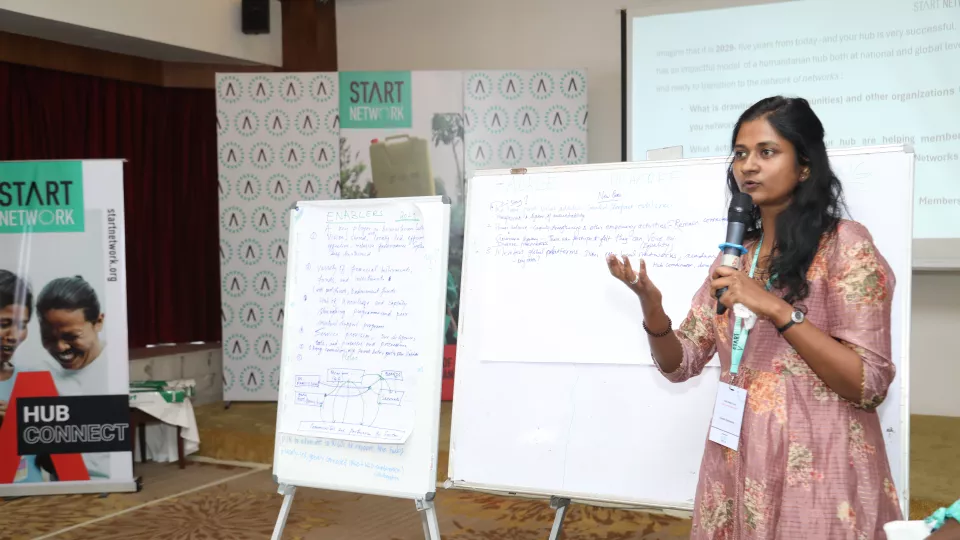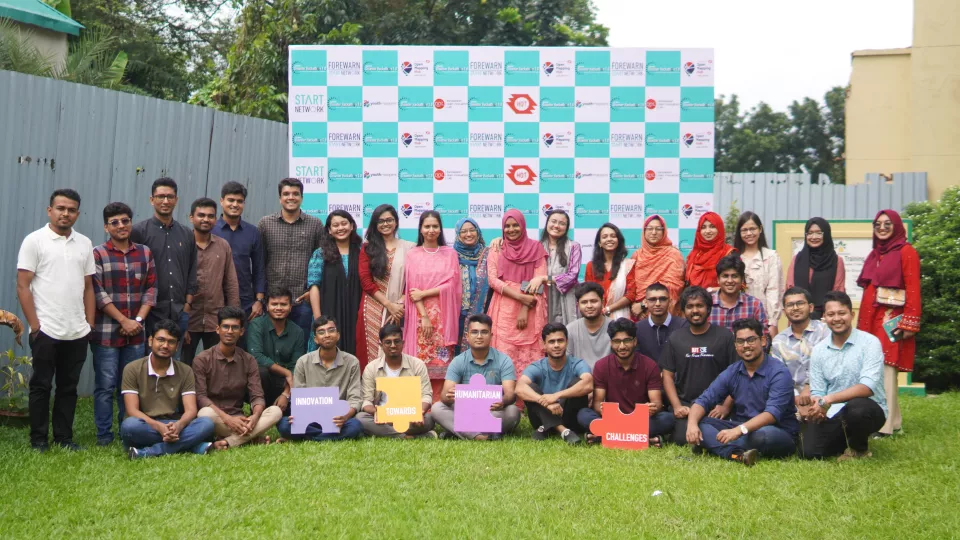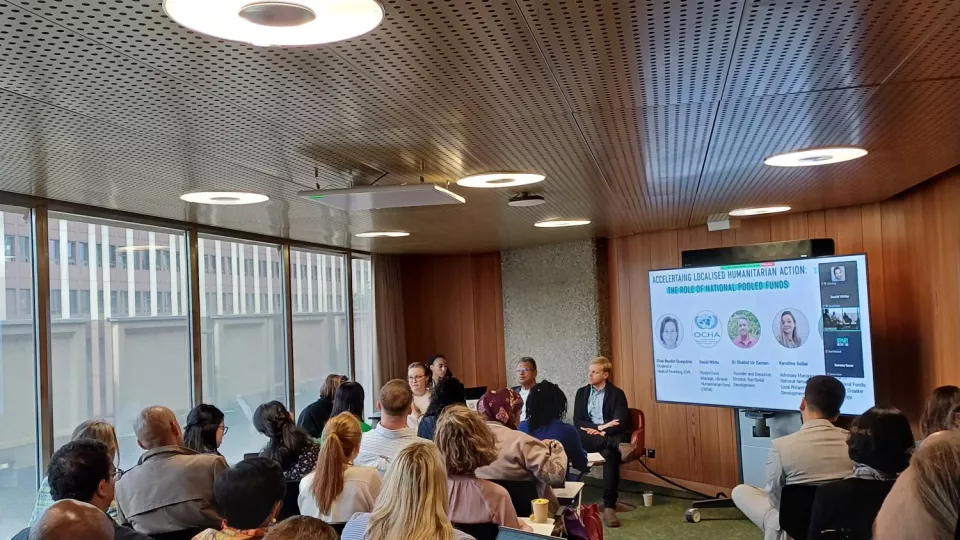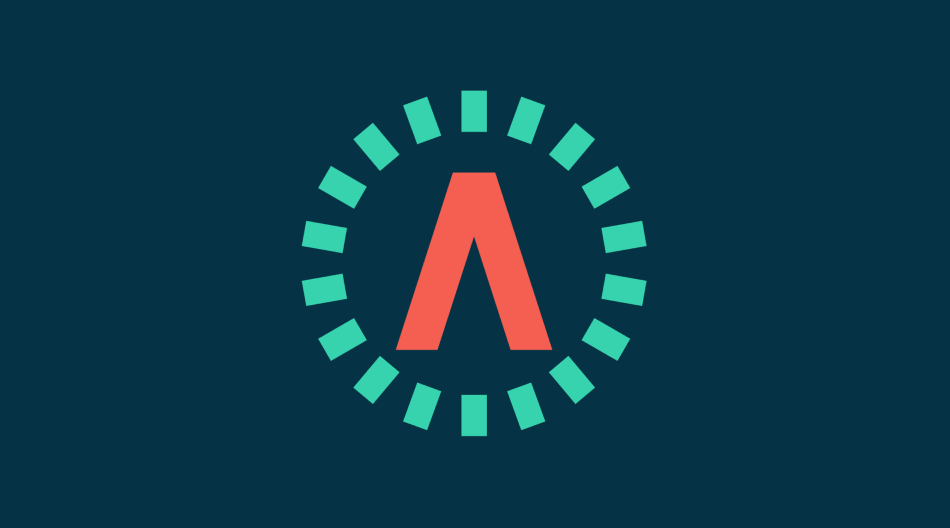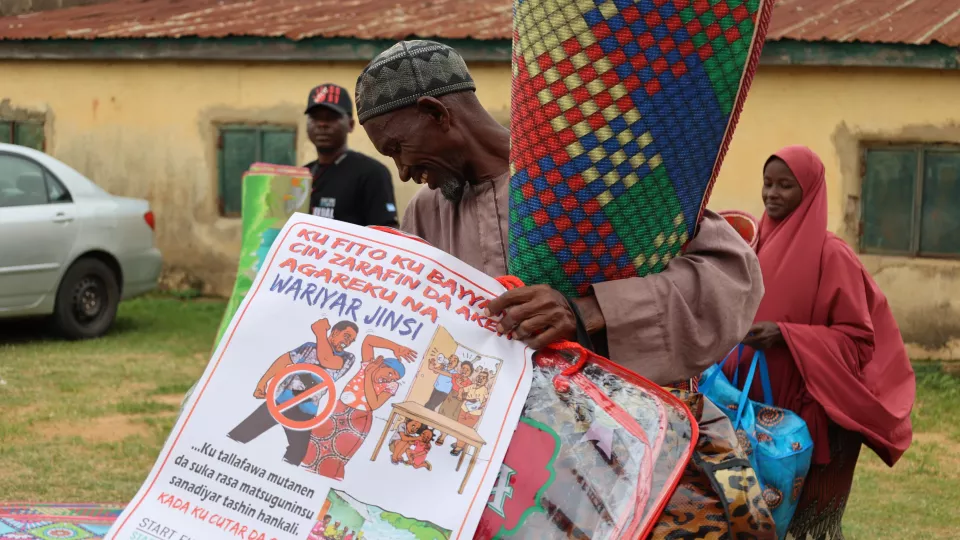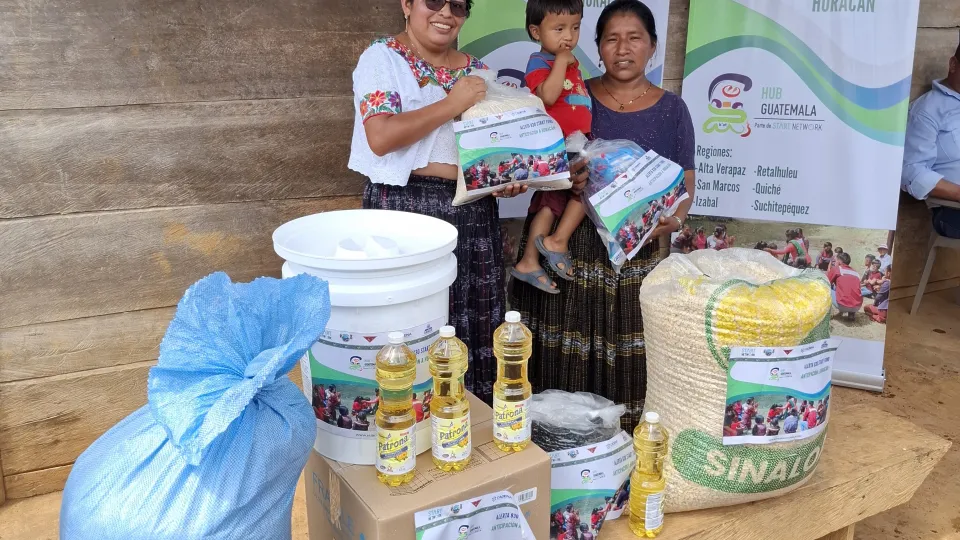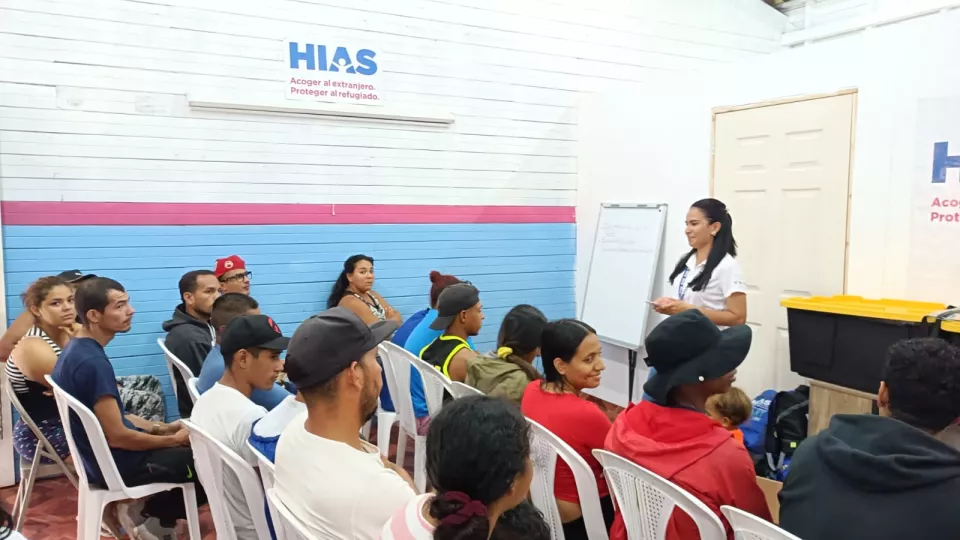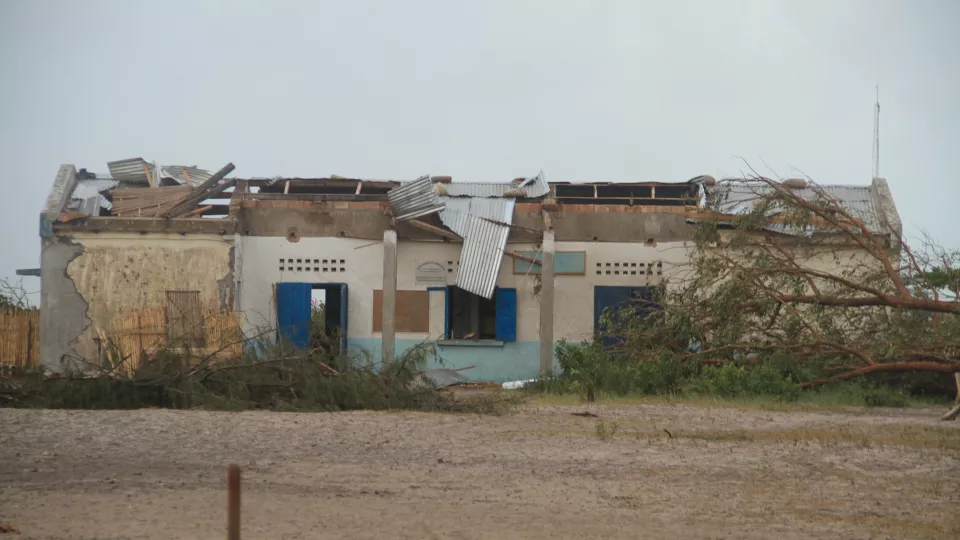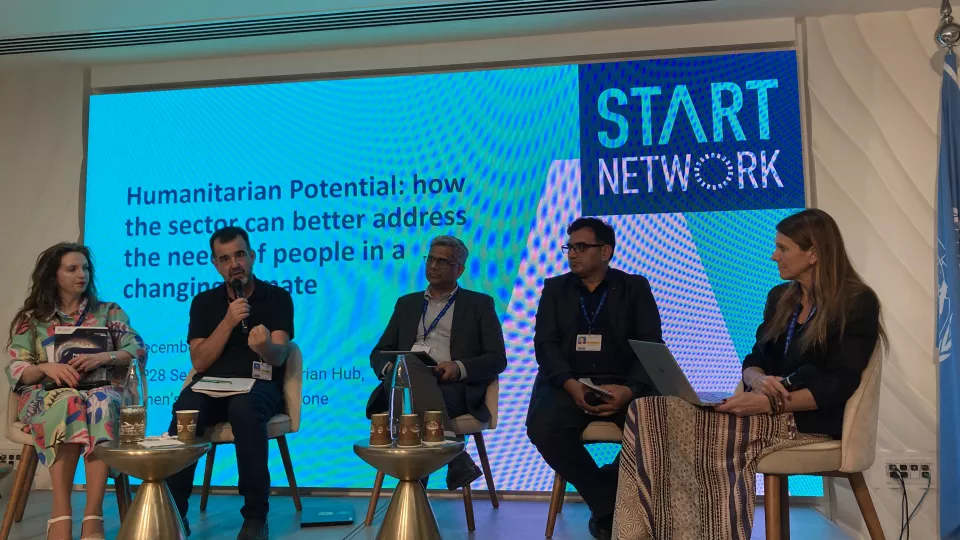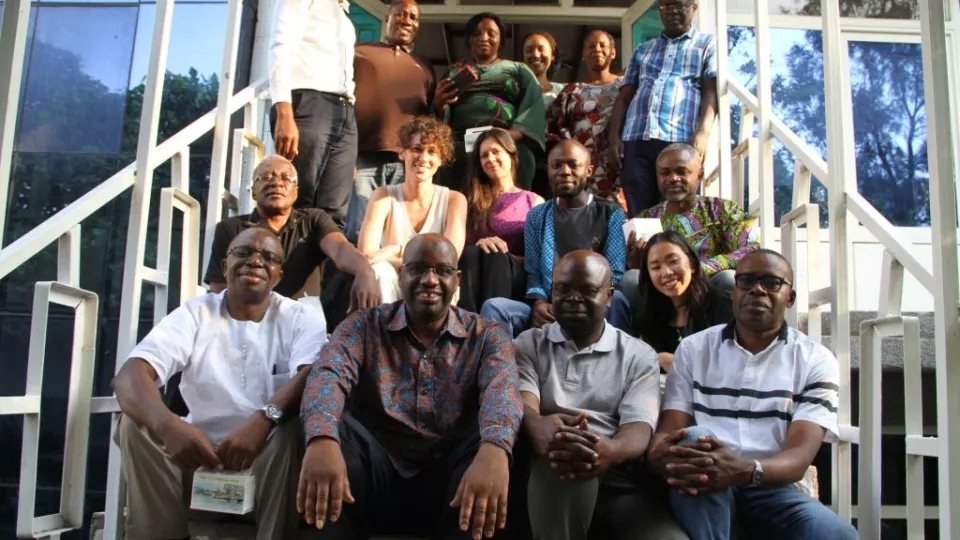A reflection by Sudhanshu S. Singh of Humanitarian Aid International and Revathi Ramkumar of the India Humanitarian Hub on the recent Hub Connect 2024 in Kathmandu, Nepal
News and blogs
Start Network is delighted to announce that the successful partnership with the Ministry of Foreign Affairs of the Netherlands is due to continue, with just over £12million GBP allocated for the next three and a half years.
The localisation of humanitarian action has been the subject of humanitarian policy and practice discussions for more than a decade. In recent years, many governments and donors have reaffirmed their commitments to localisation, including FCDO, USAID…
This year’s Group of Seven (G7) Presidency is under the Italian leadership. In its 2024 agenda, the year-long Italian tenure - which involves technical, ministerial, and high-level discussions - has focused on emerging economies, the climate-energy…
For a humanitarian system to be effective and accountable, decision-making power must be in the hands of the people affected by crises.
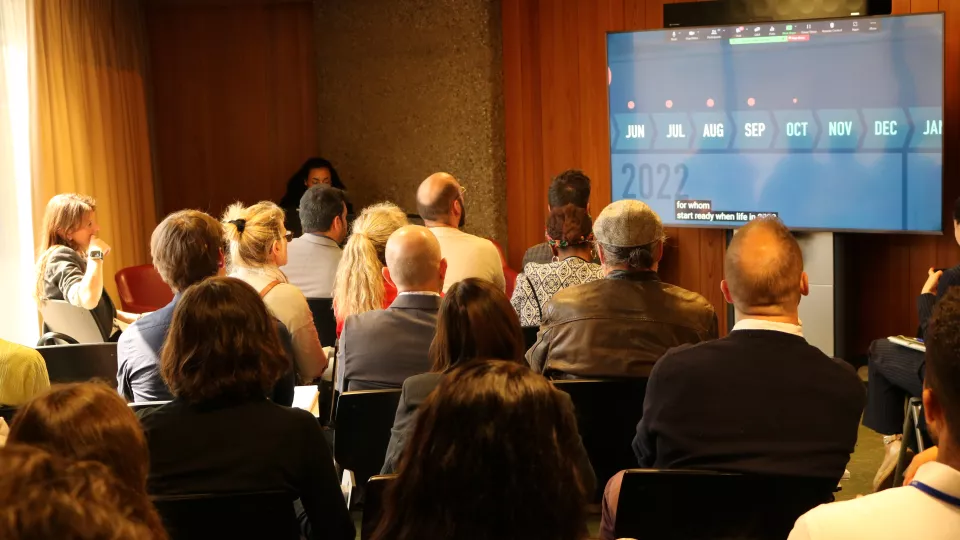
HNPW 2024 | Anticipatory Action and Disaster Risk Management: Impact, Opportunities, and Way Forward
This Humanitarian Networks and Partnerships Week 2024 session, ‘Anticipatory Action and Disaster Risk Management: Impact, Opportunities, and Way Forward’ unpacked the role of anticipatory action in disaster risk management, and how different stages…
Every humanitarian organisation is committed to learning, to improving our individual and collective performance to better serve people affected by crises. And as ALNAP’s State of the Humanitarian System report shows, the sector has achieved a slow…
In humanitarian and disaster response efforts, LGBTQIA+ individuals are among the most vulnerable yet least visible
Start Ready contributes to a more locally led and anticipatory humanitarian system by building Disaster Risk Financing systems through networks of members at the national level, ensuring these systems are governed and owned by national stakeholders,…
At the recent COP28 summit, the UK government allocated a substantial £100 million to tackle climate change, focusing on supporting at-risk communities - of which £6 million will be dedicated to protecting Senegal, Somalia, Madagascar and Zimbabwe…
COP28, the much-anticipated climate change conference, has ended. The expectations for this global conference were immense and due to the complexity of the problems and the multifaceted sectors it convenes, there have been substantial criticism in…
This blog is written from the perspective of someone working in an international humanitarian network, speaking to others in international humanitarian institutions.

